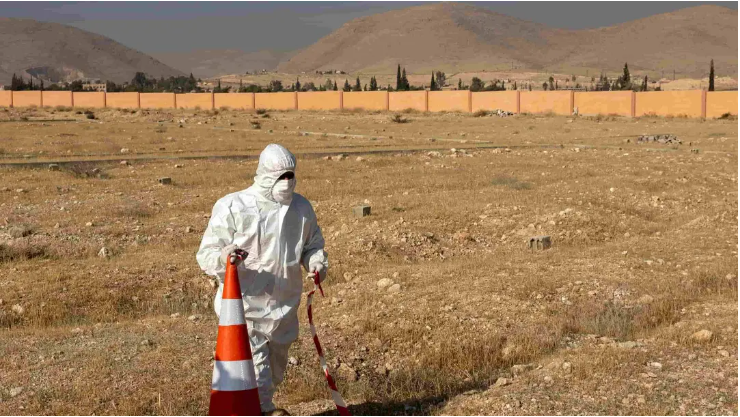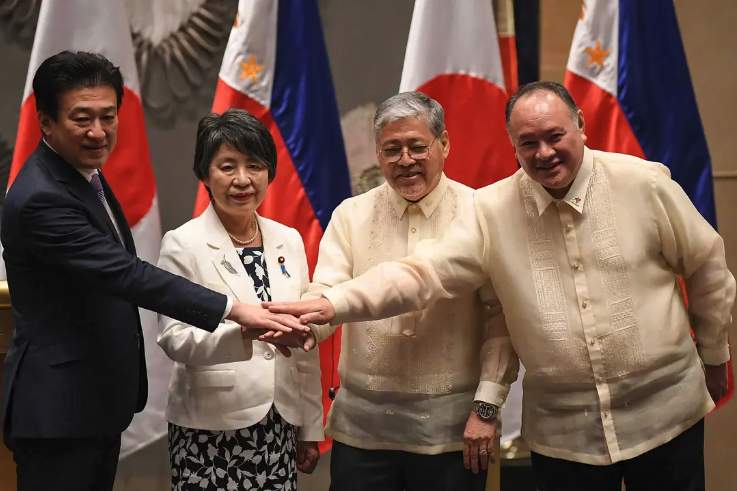US Sanctions Network for Allegedly Supporting Iran's Drone Program
The US Dept. of the Treasury issued fresh sanctions Tuesday against a foreign procurement network that has allegedly evaded trade restrictions to supply Iran's Islamic Revolutionary Guard Corps (IRGC) Aerospace Force Self-Sufficiency Organization with sensitive equipment used to build unmanned ae...

0:00
/1861
Facts
- The US Dept. of the Treasury issued fresh sanctions Tuesday against a foreign procurement network that has allegedly evaded trade restrictions to supply Iran's Islamic Revolutionary Guard Corps (IRGC) Aerospace Force Self-Sufficiency Organization with sensitive equipment used to build unmanned aerial vehicles (UAVs).1
- This third package of sanctions on the production of Shahed-series suicide drones targets 10 entities and four individuals located in Hong Kong, Indonesia, Iran, and Malaysia — blocking their access to assets within the US and preventing them from doing business with US citizens and financial institutions.2
- This comes as a multi-year US Homeland Security Investigations probe identified a network made up of front companies, Iranian intermediary companies, and logistics businesses allegedly used to transfer sensitive foreign technology for Iran's weapons program.3
- These sanctions fall under Executive Order 13382, which targets weapons of mass destruction proliferators and their supporters. In addition to the US, Britain and the European Union have also sanctioned either Iran or companies linked to the weapons supplied by the country.4
- Concurrently, the US Dept. of Justice announced the seizure of more than $800K from companies linked to the IRGC's drone program as well as the indictment of Iranian national Hossein Hatefi Ardakani and China-based Gary Lam for illegally exporting US-made microelectronics to Iran.5
- Iran-made drones have become a key part of the country's military and strategic approach, allegedly being put to use by its allies in conflicts around the world — including by Russia in Ukraine, by militant groups in Syria and Iraq against US bases, and by Yemeni Houthis in the Red Sea.6
Sources: 1Al Jazeera, 2Benar news, 3FOX News, 4Airforce technology, 5Abc news and 6Iran international.
Narratives
- Pro-establishment narrative, as provided by Ts2 space. These sanctions are much needed to halt the nefarious Iran's drone program, which poses a threat not only to regional security but also to international peace. Without such measures to enforce existing restrictions to prevent Iran from accessing dual-use technology, Tehran will be able to continue ramping up its drone production and supply Russia and other of its allies with drones to use in conflict zones.
- Establishment-critical narrative, as provided by Tehran times. Military cooperation between amicable countries, such as Russia and Iran, is both a legitimate and effective strategy for ensuring regional security and economic growth. The West continues to use Ukraine as a propaganda tool to demonize Iran-Russia ties as a threat to global peace, but such accusations are baseless attempts to distort the reality of friends on the international stage. Western hysteria over Iran's drone program is a prominent example of this.






